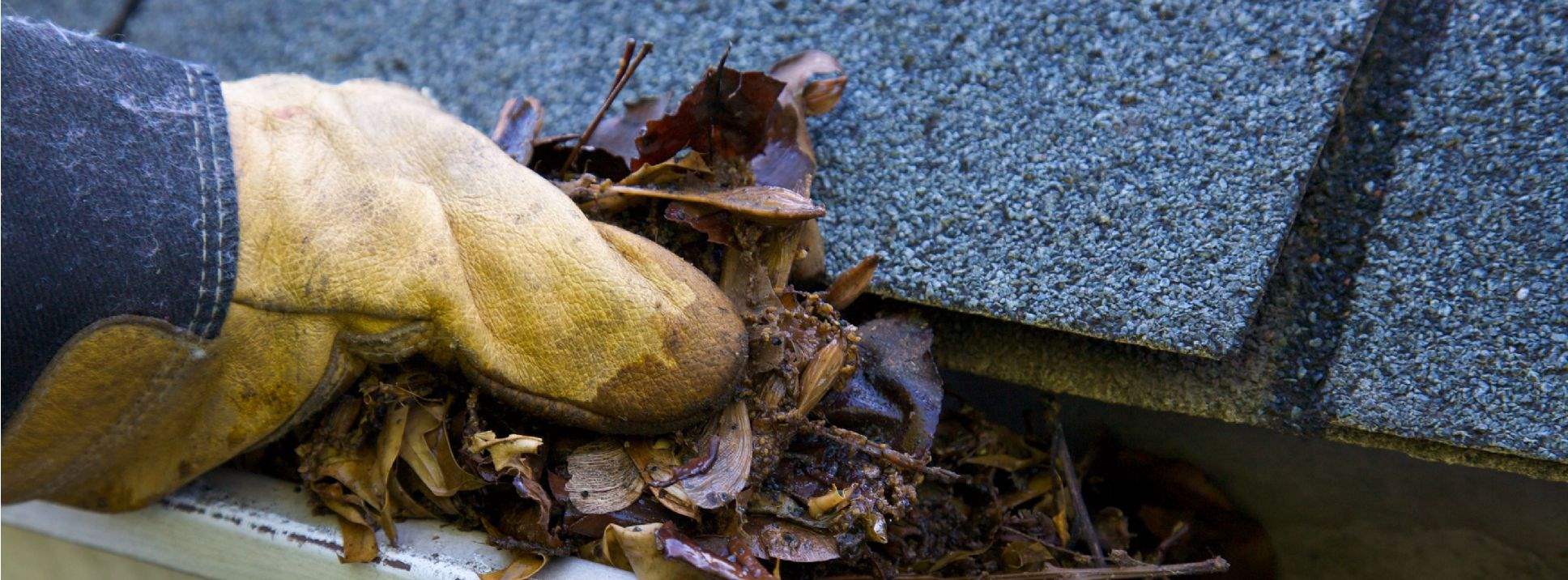Now is the time to prepare your property to withstand the harsh winter weather. Here are six of the most essential tasks.
SERVICE YOUR BURNING APPLIANCES
Open fires aren’t just for Christmas and will, in many cases, be used well into the first part of the year. Flues should be swept before use to prevent the build-up of layers of soot and tar from catching fire. All burning appliances require a supply of air for combustion to take place. For wood stoves and open fires, direct ventilation from outside air is required, otherwise the appliance may not burn well and lethal carbon monoxide fumes can contaminate the living space.
Wood that is not well seasoned and dry should not be burnt otherwise the moisture content will form tar within the flue line as the fumes condense in the colder top parts of the flue. Heavy tar can lead to the flue becoming blocked.
CLEAR GUTTERS
Leaves from deciduous trees have now fallen and many will be lying in gutters and gullies and on flat roofs. Rain and silt will mulch the leaves to create material which could clog gutters and downpipes, so now is the ideal time to clean those areas to ensure rainwater disposal is not impeded and can drain away. The consequences of rainwater build-up on the roof or unnecessary rainwater spillage down external walls, windows and doors will lead to fabric decay, the worst case scenario being water ingress inside.
Historic houses sometimes have box gutters which channel rainwater from a central roof well through the pitched roof on one side to an external collection hopper. I have seen huge amounts of water ingress into a house caused by a dead pigeon blocking the through-roof channel, so it’s important to check these, too.
BE PREPARED FOR SNOW
We may be experiencing global warming but, as we saw last February, heavy snow fall is still a real possibility. Stocking up on grit for roads and paths and a shovel for clearing (and a collapsible shovel for the car) is a wise precaution.
DELAY REPAIRS AND REPOINTING
Never carry out any brickwork/stonework building, repairs and repointing in freezing conditions. Work on masonry on old buildings should be undertaken using a lime-based mortar which requires long-term dry periods to set; the mortar mix can also be affected by frost penetration. This work should ideally only be carried out from spring after frosts, during summer and into autumn before frosts.
KEEP DRAUGHTS AT BAY
Applying draught stripping to openable window frames, external door frames and loft hatches is recommended to prevent heated air from escaping and cold air from entering. However, in doing so, be sure not to cut off or reduce vital air supply to a heating appliance, fireplace or boiler.
INSULATE WATER PIPES
Check that any water pipes, including heating pipes and cold water supplies, which run through unheated parts of buildings are insulated. This includes those located in cold roof spaces above the level of the loft insulation, in underfloor voids or in cellars, outbuildings and external areas. Water storage tanks and storage cylinders should also be fully insulated to help prevent frost damage which could stop central heating systems from working.
Consider topping up the level of your loft insulation to be a minimum thickness 300mm (1 ft) of mineral wool or if an eco-friendly material is preferred, sheep wool insulation.
Further information
View available properties for sale

.jpg)
.png)




.jpg)


